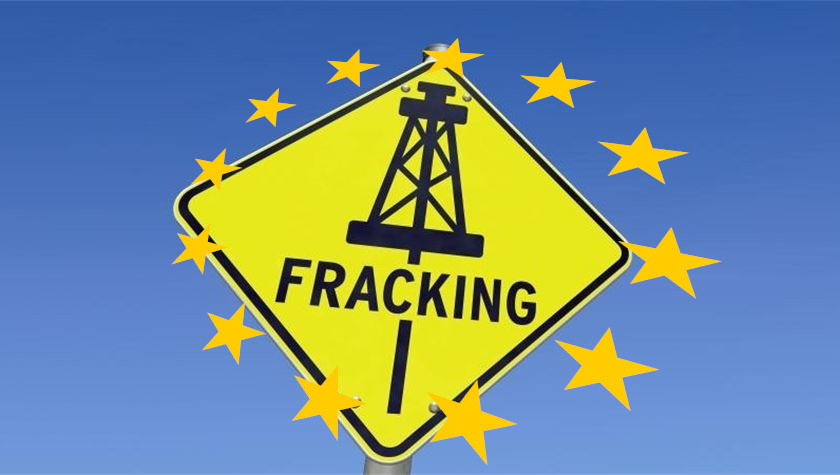On 18 May the Department of the Environment, Climate and Communications issued a policy statement on the importing of fracked gas, in which it was noted that the Programme for Government contained a commitment to banning it. The press release stated that because of EU membership, in particular EU Directive 2009/73/EC, the Government is unable to legislate for a ban on importing fracked gas, cannot ban the importing of fracked gas, and cannot prevent the processing of fracked gas.
However, the statement assured us that the Government would work to change EU policy—and it didn’t really matter, as the state got its gas from Scotland, and it’s not fracked.
Leaving aside the difficulties in changing policy at the EU level, this decision by the Government reveals once again the level of threat the EU poses to Irish democracy.
Where do the Green Party stand on all this? How can the Government implement a sustainable energy policy if it runs contrary to EU rules? How can they square their support for the EU with such an assault on the ability of the Irish state to determine its own energy policies? Surely they would have investigated the legal position before they agreed to put it in the agreement for government?
The comments of the then attorney-general that the proposals of the Control of Economic Activity (Occupied Territories) Bill (2018) violated EU trade regulation had been made only days before the Programme for Government had been agreed. Did no alarm bells ring when they heard those comments? Did the Green Party know that a ban on the importing of fracked gas would breach EU rules, though it still put the agreement to its members?
The decision also raises important questions for Sinn Féin and the small left-wing parties in the Dáil. If they want to govern from the left after the next election they will run into trouble with the EU. They will then have a choice: confront the EU and implement a progressive programme, or capitulate to the EU. There is no middle road.
The lesson of SYRIZA in Greece should be learnt. SYRIZA borrowed the symbolism of the Greek left and much of its language; but when they realised that they would have to confront the EU they buckled and betrayed those who voted for their left-wing oratory.
The question for Sinn Féin is, Are they pro or anti-EU? Their history and tradition is anti-EU, but their position on Brexit suggests otherwise. They cannot put forward a progressive programme and not deal with the issue of EU membership. They will not be able to claim that they did not know that they could not implement their policies because of EU rules.
Before the next election Sinn Féin should state whether or not they support continued EU membership. If they do then they will be unable to implement progressive policies, and their move to the centre will be complete.






